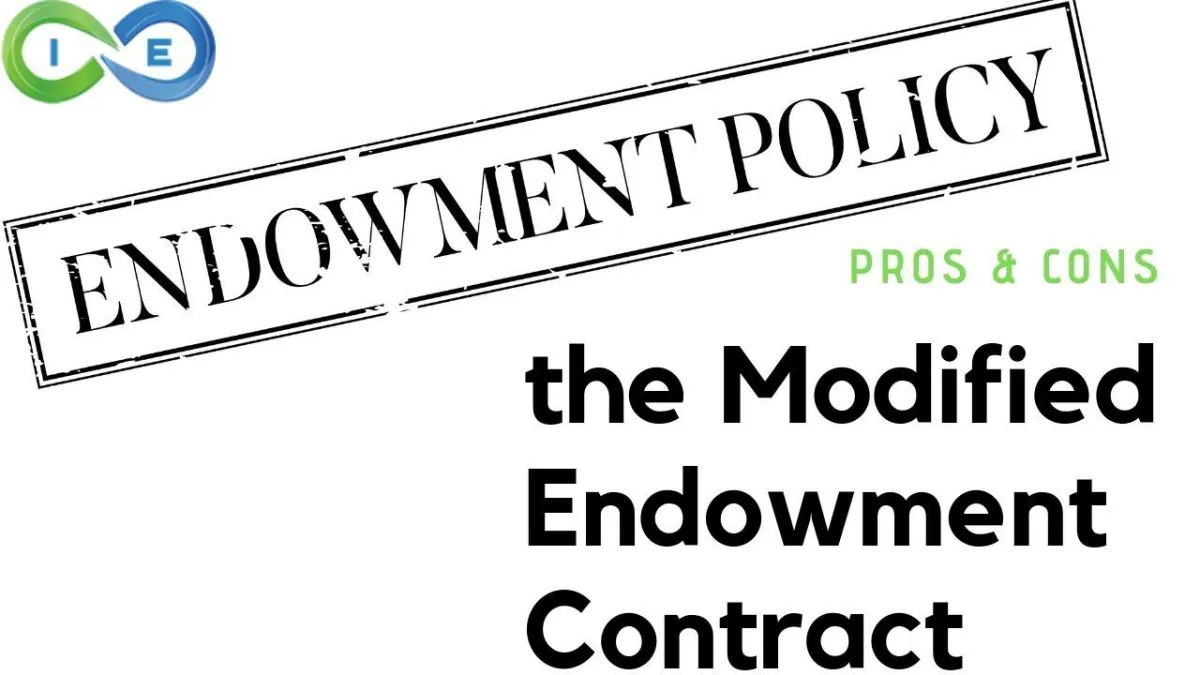The Clowe Agency
Committed To Helping You And Your Loved Ones...
When It Matters Most
Welcome to The Clowe Agency
We pride ourselves on being more than just a life and health insurance provider. We are your partners in crafting a secure and prosperous future for you and your loved ones. With a deep commitment to personalized service and a client-first approach, we strive to ensure that every individual and family we work with feels confident and protected.
We understand that every client’s situation is unique, and we take the time to listen, understand, and design policies that fit your specific needs and goals. Our goal is to help you, and your loved ones navigate life’s uncertainties with the assurance that your future is well protected.
Our Mission
"To provide comprehensive life and health insurance solutions that offer you and your loved ones peace of mind and financial security."
Licenses & Credentials

Kevin Clowe
AHIP Certified Medicare Specialist & NIPR Trusted Advisor
I began my life and health insurance career in 2014 after being employed by a global manufacturer for many years. I moved into the insurance industry after my best friend of 40+ years passed away, and his family didn't have any life insurance protection. It was devastating. Most people don't think about the terrible financial consequences that can happen with the death or disability of a loved one. I committed to myself I would not let that happen again to any other family.
I am a NIPR Licensed Life and AHIP Certified Medicare & Health Insurance Broker...representing most of the major life, Medicare and health insurance carriers. My National Producer Number is #8139145. I am committed to helping you and your loved ones when it matters most.
Thank you for your consideration.

National Producer Number
#8139145
My Active State Licenses
Click below to view

What is a Modified Endowment Contract?
Updated on November 21, 2023
Written by Ashley Kilroy

Life insurance policies are attractive vehicles providing tax-advantaged growth that the stock market doesn’t hinder. As a result, throwing as much money as possible into the account can be tempting. After all, who wouldn’t want to maximize their gains? Unfortunately, contributing too much money into your account can result in the policy becoming a Modified Endowment Contract (MEC). This account designation is unchangeable once assigned and produces different implications for taxes and cash value access. Here are the details and how to use the Seven-Pay Test to stay on the straight and narrow. You may also want to work with a financial advisor to help you make the right long-term financial decisions.
A Modified Eendowment Contract (MEC) is a former life insurance policy that has lost specific advantages due to accumulating too much surplus cash. For instance, permanent life insurance policies, such as whole life insurance, defer taxes on growth.
In addition, the policy’s cash value can combine with your death benefit for a higher payout to your beneficiaries. However, a MEC irreversibly restricts access to the account’s cash value until the policyholder is age 59.5. Withdrawing money before then will incur a 10% penalty.
History of the MEC
In 1988, Congress established the MEC rule because life insurance was being used as a means to avoid capital gains taxes instead of its intended purpose of providing a death benefit for families. During the 1970s to mid-1980s, long-term capital gains taxes ranged from 20 percent to 39 percent. So, consumers could purchase life insurance policies that allowed hefty upfront payments or a single premium payment and defer taxes on the accumulated cash value.
In addition, they could take out tax-free loans from the policy, which could last a lifetime and be repaid from the eventual death benefit. However, the Technical and Miscellaneous Revenue Act of 1988 stopped this practice by introducing the Seven-Pay Test, which identifies policies bought for investing and tax-sheltering instead of the death benefit and gradual growth.
What Is the Seven-Pay Test?
The Seven-Pay Test is how the government determines if a life insurance policy turns into a MEC. Specifically, the test limits how much the policyholder can deposit annually during the first seven years. If the policyholder exceeds the limit with their contributions and doesn’t initiate a refund for the overage, the policy becomes a MEC.
For example, say you open a $250,000 life insurance policy. It has a $5,000 MEC deposit limit. So, you can deposit $5,000 per year for the first seven years of the policy. However, if you were to deposit over $5,000 during any of those seven years, the government would consider the policy a MEC and tax it accordingly.
This rule applies even if you try to make up for a year when your contributions for $5,000. For instance, funding the policy with $4,000 in year one and $6,000 in year two would put your policy into MEC status. Fortunately, if you overpay into your policy, your insurance company will notify you. Then, you can opt for a refund of the surplus payments to retain your policy’s status.
Lastly, it’s key to remember that policies that went into effect before June 20, 1988, aren’t subject to this law because it wasn’t in place yet. Plus, after the first seven years, the rule goes away for your policy unless you make a major adjustment, such as raising the death benefit.
Pros and Cons of MECs

As outlined above, MECs lose the cash value component of the death benefit. For instance, a $250,000 whole life policy that has accumulated $75,000 offers substantial cash reserves. However, if it becomes a MEC, you lose access to that money until age 59.5 unless you’re willing to pay a 10% withdrawal penalty.
In addition, your policy gains the same tax status as a non-qualified annuity, meaning you pay taxes on earnings. The final drawback is that MEC status is permanent once it occurs.
On the other hand, MECs still provide a death benefit to your beneficiaries. Plus, you’ll still experience the steady growth your life insurance policy originally offered and avoid the unpredictability of the stock market.
MEC Tax Consequences
Permanent life insurance policies shield earnings from taxes, meaning your money grows faster. Plus, you can take withdrawals or loans from your policy without incurring taxes if the amount is under the policy’s cost basis. In addition, you don’t have to be a specific age to touch the money in your life insurance policy. Contrastingly, MECs lack these benefits. When you withdraw funds, your earnings come out first, meaning you pay income taxes on withdrawals. Plus, you must wait until age 59.5 to withdraw cash or pay a 10% penalty to do so beforehand.
Who Can Benefit from MECs

Although MECs experience a downgrade from a typical permanent life insurance policy, they still provide advantages. Specifically, if you want a tax-advantaged payout for your beneficiaries and aren’t bothered by overfunding your policy, a MEC can help. In addition, you won’t pay taxes on the money in your policy until you withdraw it. Therefore, high net-worth individuals might find MECs desirable.
The Bottom Line
A MEC is a life insurance policy that has received excessive deposits over the first seven years of its existence. Violating the Seven Pay Test produces an irrevocable change to the policy and it becomes a MEC. Your access to the policy’s cash is limited to age 59.5 and you might pay more taxes on the policy than originally planned. However, MECs still retain the primary function of life insurance: providing a hefty payout to beneficiaries upon the policyholder’s death.
Modified Endowment Contract Tips
Avoiding MEC status can help your life insurance policy function as intended. If you’re confused about how your insurance impacts your financial circumstances, a financial advisor can help. The Clowe Agency has a dedicated Simple Retirement Solutions© team to consult and advise you to achieve your financial goals.









